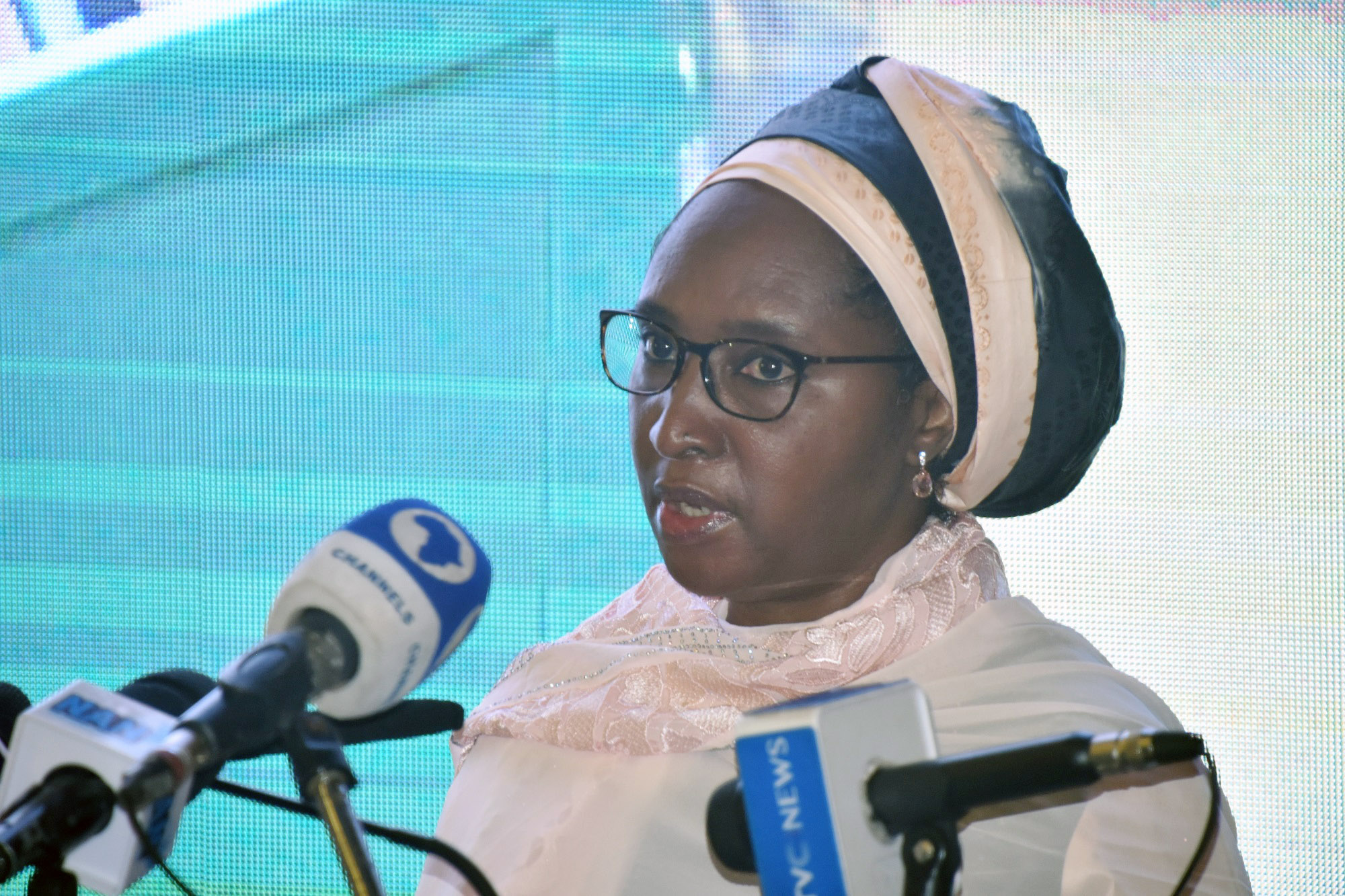Business
Minister Blames Ukraine War For Nigeria’s Deficit

Minister of Finance, Budget and National Planning, Zainab Ahmed, on Wednesday, blamed the country’s rising fiscal deficit partly on the ongoing Russia/Ukraine war.
According to a report from The Tide’s source, Ahmed, who spoke at the ongoing Spring Meetings of the International Monetary Fund (IMF), said the rise in prices of oil has pushed the country’s subsidy budget.
This, she argued, has increased the budget deficit to Gross Domestic Product (GDP) ratio from the planned 3.5 per cent to 4.5 per cent.
The National Assembly has recently jacked up N3.56 trillion earlier budgeted for subsidy payments over 12 per cent to N4 trillion, causing an outrage across the country. The adjustment was caused by the subsidy bills.
Zainab’s argument caused a stir on social media, especially Twitter, as Nigerians and other nationals knocked the administration for lacking prudence and creativity in the management of the national economy.
Founder of Proshare, Olufemi Awoyemi and others who reacted to the argument said it was sad that the government has turned to the war in Europe for the blame game.
Meanwhile, the International Monetary Fund (IMF) and the World Bank have raised concern about rising prices of essentials, saying rising inflation and mounting debt could significantly expand the poverty population.
Speaking on Wednesday at the ongoing Springs Meetings the Managing Director of IMF, Kristalina Georgieva, said the accelerating inflation, which has become a clear and present danger for many countries, rising food and fuel prices leave the budget of ordinary households with enormous strains.
She identified financial tightening, high debt and frequent, wide-ranging lockdowns in China as additional dark clouds weighing on the global economy.
The IMF boss highlighted that the global agenda, which analyses the repercussions of the crises the world is facing also offers a way forward in terms of an immediate response and longer-term efforts to boost resilience.
She hoped the war in Europe ends soon but said help must be mobilised for Ukraine and other countries negatively affected by geopolitical tensions.
Georgieva pointed out inflation as a major pressure on families and called for “decisive actions by central banks” to mitigate it. She charged them to keep their fingers on the pulse of the economy and adjust policy as necessary.
President of the World Bank Group (WBG), David Malpass, had at a press conference said the Russian-Ukraine war is adding to the debt burden and the fragility of many countries.
Malpass noted that food prices have already increased by 37 per cent year-on-year (YoY) while calling for urgent actions to stem the challenge to prevent a major disaster.
He expressed worry that the current food crisis could extend for months and even into next year.
Business
NPA Assures On Staff Welfare
Business
ANLCA Chieftain Emerges FELCBA’s VP
Business
NSC, Police Boost Partnership On Port Enforcement
-
Sports5 days ago
Spanish Football Fires Entire Refereeing Committee
-

 Features4 days ago
Features4 days agoBetween EFCC And NDDC: Strategic Alliance For Niger Delta
-

 News5 days ago
News5 days agoCourt Sentences Gospel Singer To Death For Killing Girlfriend In Nasarawa
-

 Politics4 days ago
Politics4 days agoMakinde Renames Polytechnic After Late Ex-Gov
-
Sports5 days ago
Olympic Day Sparks Nationwide Fitness Fever
-

 Nation4 days ago
Nation4 days agoOgoni Stakeholders Hail Zabbey’s Performance
-
Sports5 days ago
I Joined Saudi League To Win Titles – Senegal Keeper
-

 Niger Delta4 days ago
Niger Delta4 days agoOBALGA Sole Administrator Presents Brand New Fire Extinguishers To Council …Commiserates With Traders Over Rumuomasi Market Fire Incident …Commences Desilting Of Drainages

